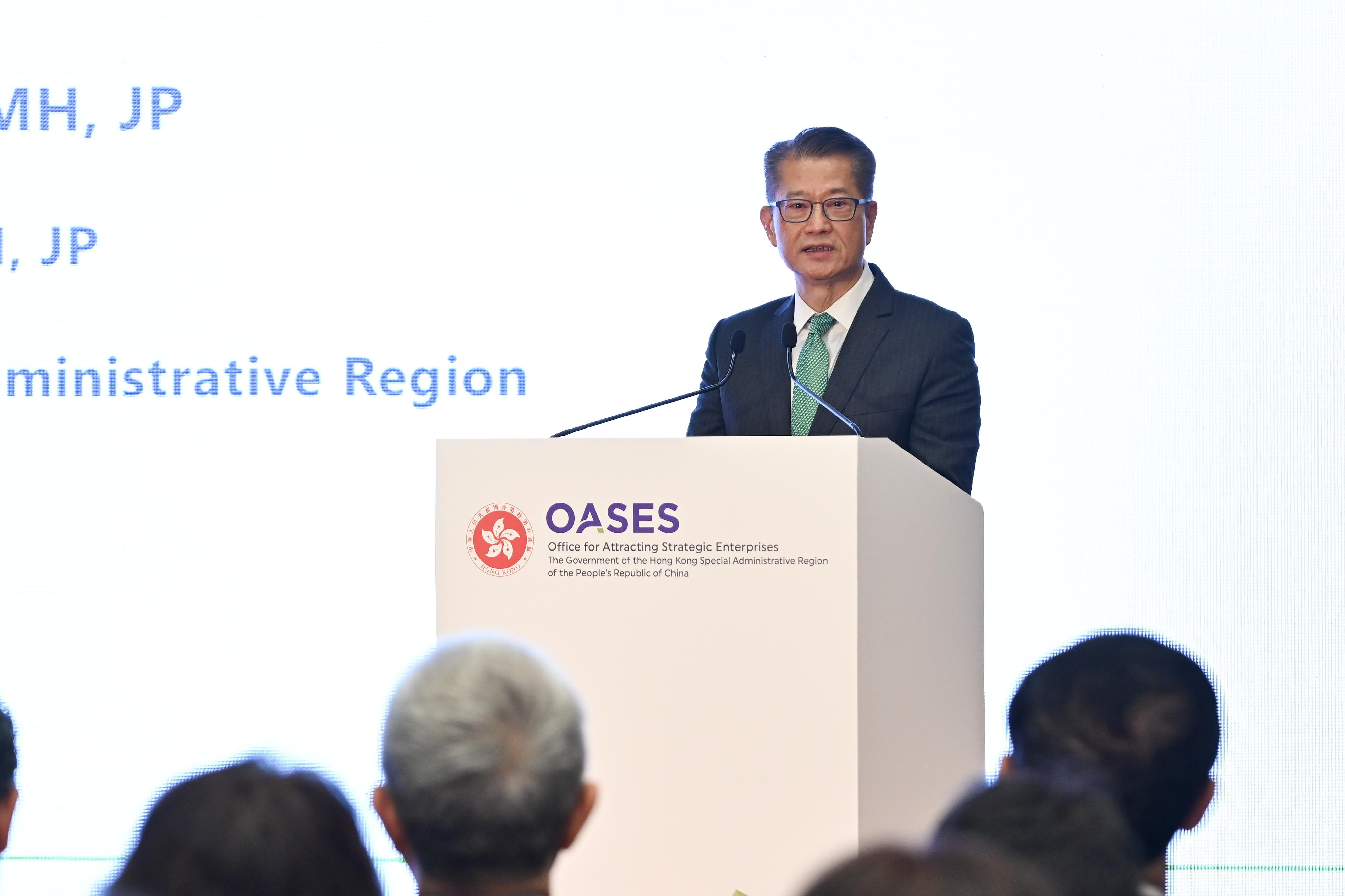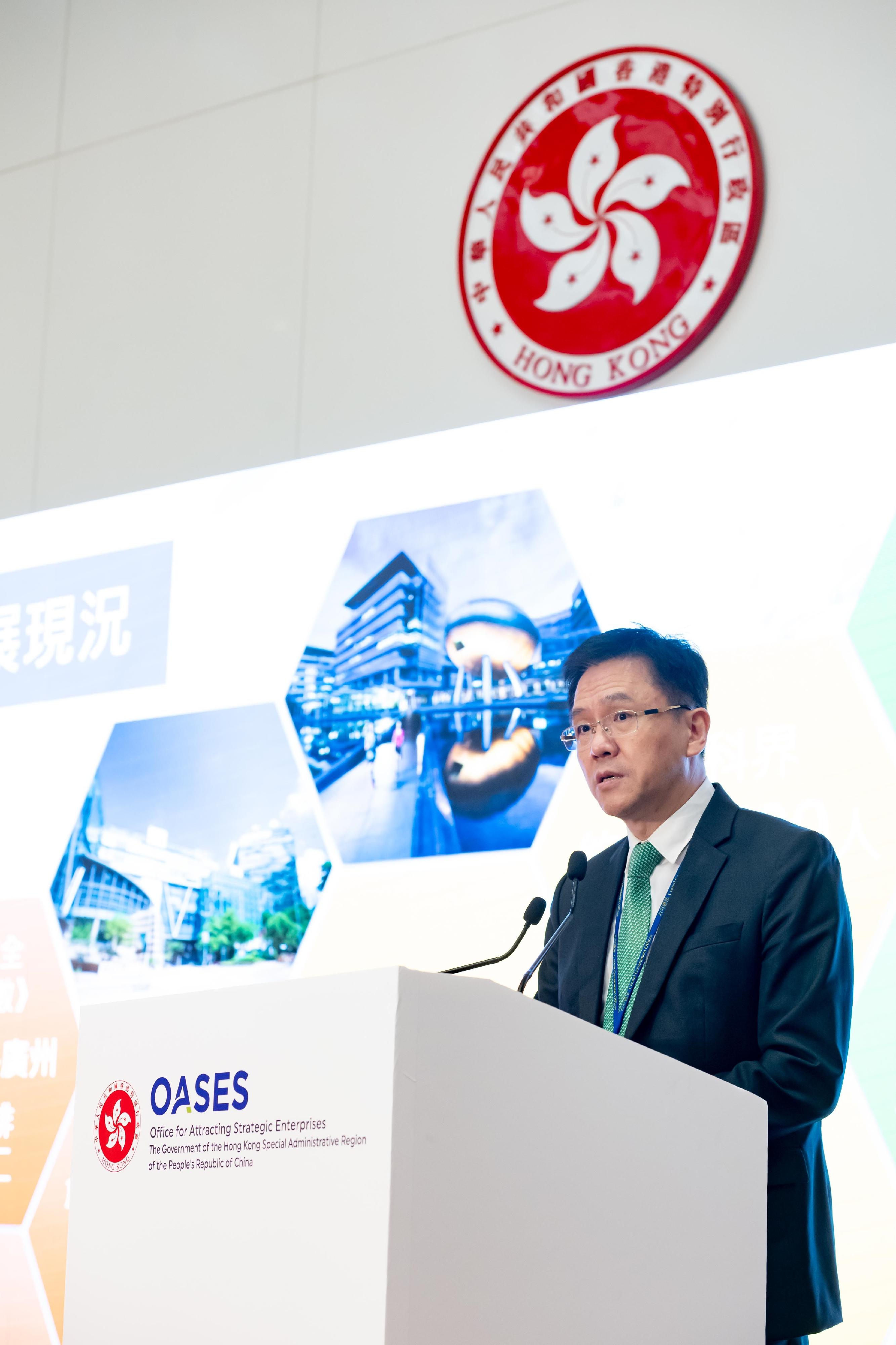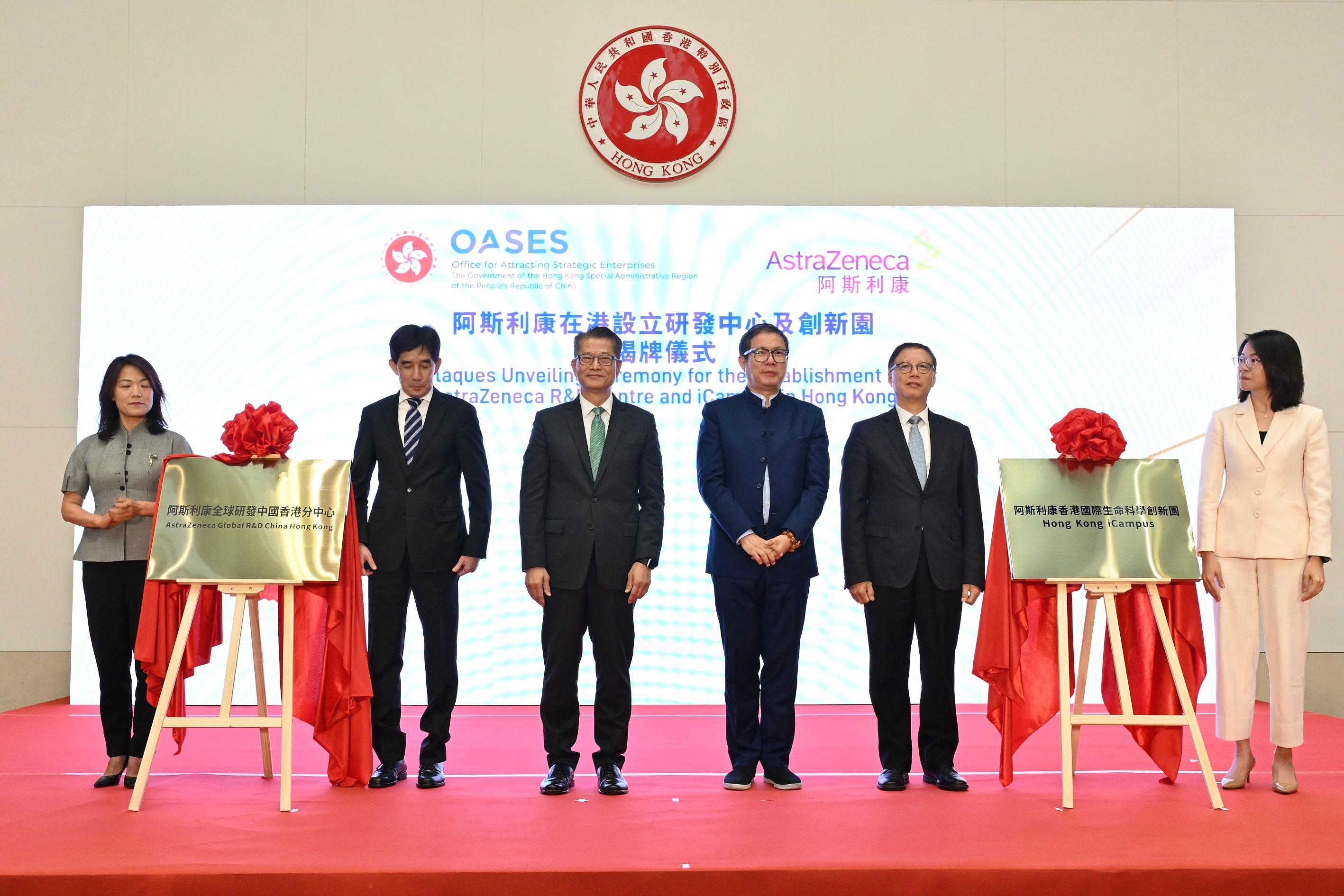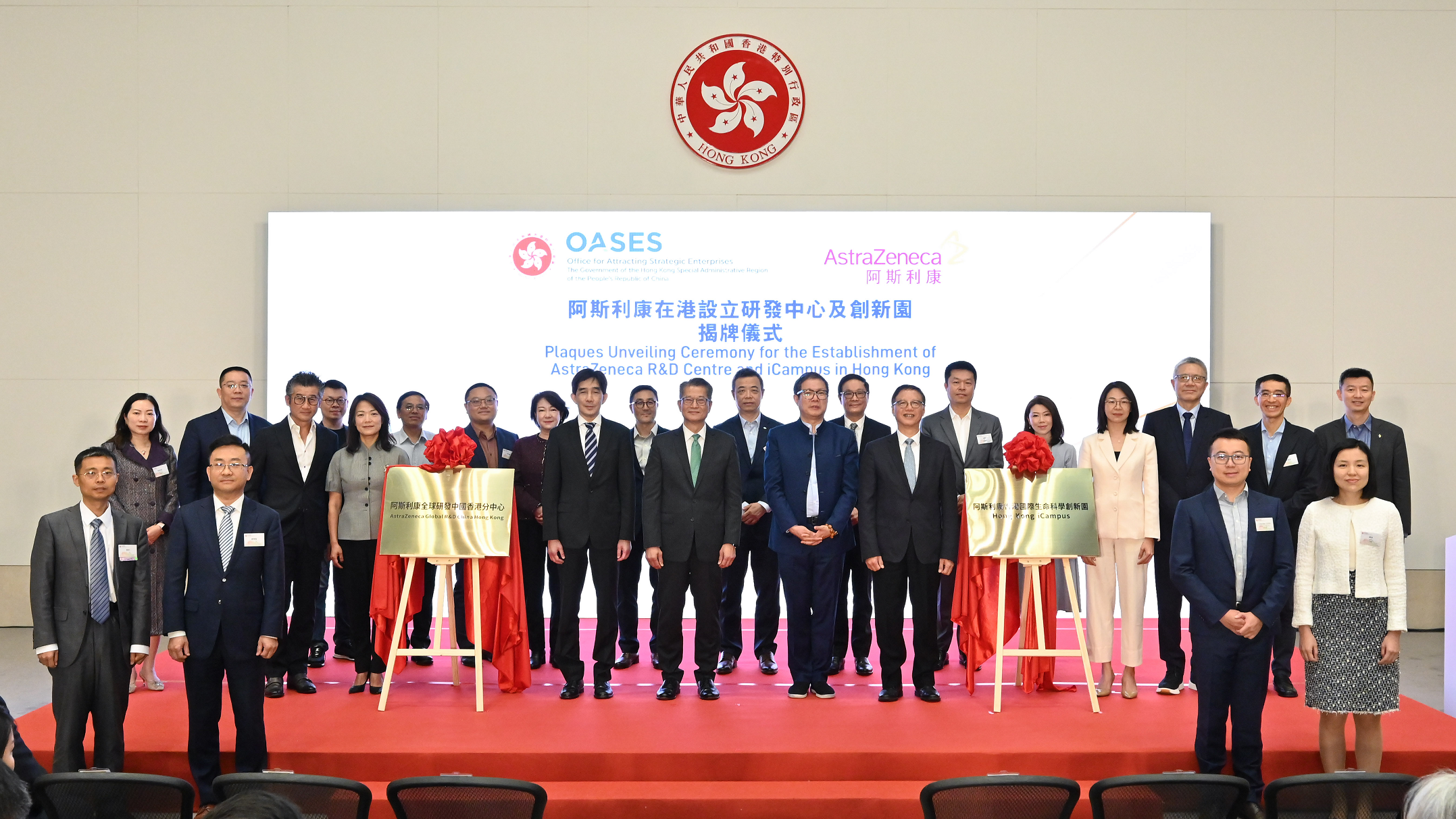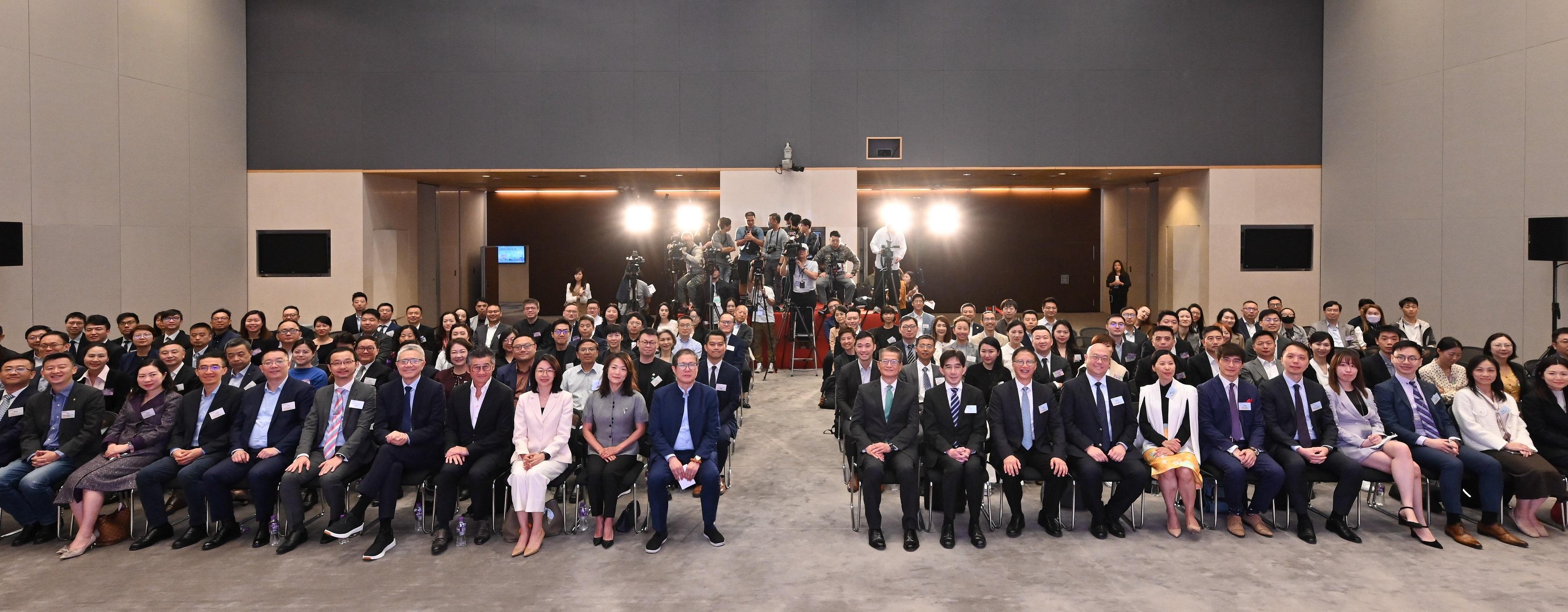The Immigration Department (ImmD) mounted a series of territory-wide anti-illegal worker operations codenamed “Twilight” and joint operations with the Hong Kong Police Force codenamed “Champion” and “Windsand”, for three consecutive days from November 21 to yesterday (November 23). A total of five suspected illegal workers, five overstayers and one illegal immigrant were arrested.
During the anti-illegal worker operations, ImmD Task Force officers raided three target locations including restaurants and a retail shop. One suspected illegal worker was arrested. The arrested suspected illegal worker was a woman, aged 38. The woman was also suspected of using and being in possession of a forged Hong Kong identity card.
During operation “Champion”, enforcement officers raided 39 target locations in Hung Hom and Kowloon City district. Four suspected illegal workers, five overstayers and one illegal immigrant were arrested. The arrested suspected illegal workers comprised one man and three women, aged 38 to 59. Among them, one woman was a holder of recognisance form, which prohibits her from taking any employment. In addition, two women were respectively suspected of using and being in possession of a forged Hong Kong identity card and using and being in possession of a Hong Kong identity card related to another person. One male and four female overstayers, aged 29 to 41, were arrested. Furthermore, one female illegal immigrant, aged 33, was arrested. Among them, two suspected illegal workers and five overstayers were handled by the ImmD.
“Any person who contravenes a condition of stay in force in respect of him or her shall be guilty of an offence. Also, visitors are not allowed to take employment in Hong Kong, whether paid or unpaid, without the permission of the Director of Immigration. Offenders are liable to prosecution and upon conviction face a maximum fine of $50,000 and up to two years’ imprisonment. Aiders and abettors are also liable to prosecution and penalties,” an ImmD spokesman said.
The spokesman warned, “As stipulated in section 38AA of the Immigration Ordinance, an illegal immigrant, a person who is the subject of a removal order or a deportation order, an overstayer or a person who was refused permission to land is prohibited from taking any employment, whether paid or unpaid, or establishing or joining in any business. Offenders are liable upon conviction to a maximum fine of $50,000 and up to three years’ imprisonment. Under the prevailing laws, it is an offence to use or possess a forged Hong Kong identity card or a Hong Kong identity card related to another person. Offenders are liable to prosecution and upon conviction face a maximum penalty of a $100,000 fine and up to 10 years’ imprisonment.”
The spokesman reiterated that it is a serious offence to employ people who are not lawfully employable. Under the Immigration Ordinance, the maximum penalty for an employer employing a person who is not lawfully employable, i.e. an illegal immigrant, a person who is the subject of a removal order or a deportation order, an overstayer or a person who was refused permission to land, has been significantly increased from a fine of $350,000 and three years’ imprisonment to a fine of $500,000 and 10 years’ imprisonment to reflect the gravity of such offences. The director, manager, secretary, partner, etc, of the company concerned may also bear criminal liability. The High Court has laid down sentencing guidelines that the employer of an illegal worker should be given an immediate custodial sentence.
According to the court sentencing, employers must take all practicable steps to determine whether a person is lawfully employable prior to employment. Apart from inspecting a prospective employee’s identity card, the employer has the explicit duty to make enquiries regarding the person and ensure that the answers would not cast any reasonable doubt concerning the lawful employability of the person. The court will not accept failure to do so as a defence in proceedings. It is also an offence if an employer fails to inspect the job seeker’s valid travel document if the job seeker does not have a Hong Kong permanent identity card. Offenders are liable upon conviction to a maximum fine of $150,000 and to imprisonment for one year. In that connection, the spokesman would like to remind all employers not to defy the law by employing illegal workers. The ImmD will continue to take resolute enforcement action to combat such offences.
Under the existing mechanism, the ImmD will, as a standard procedure, conduct an initial screening of vulnerable persons, including illegal workers, illegal immigrants, sex workers and foreign domestic helpers, who are arrested during any operation with a view to ascertaining whether they are trafficking in persons (TIP) victims. When any TIP indicator is revealed in the initial screening, the ImmD officers will conduct a full debriefing and identification by using a standardised checklist to ascertain the presence of TIP elements, such as threats and coercion in the recruitment phase and the nature of exploitation. Identified TIP victims will be provided with various forms of support and assistance, including urgent intervention, medical services, counselling, shelter or temporary accommodation and other supporting services. The ImmD calls on TIP victims to report crimes to the relevant departments immediately.



